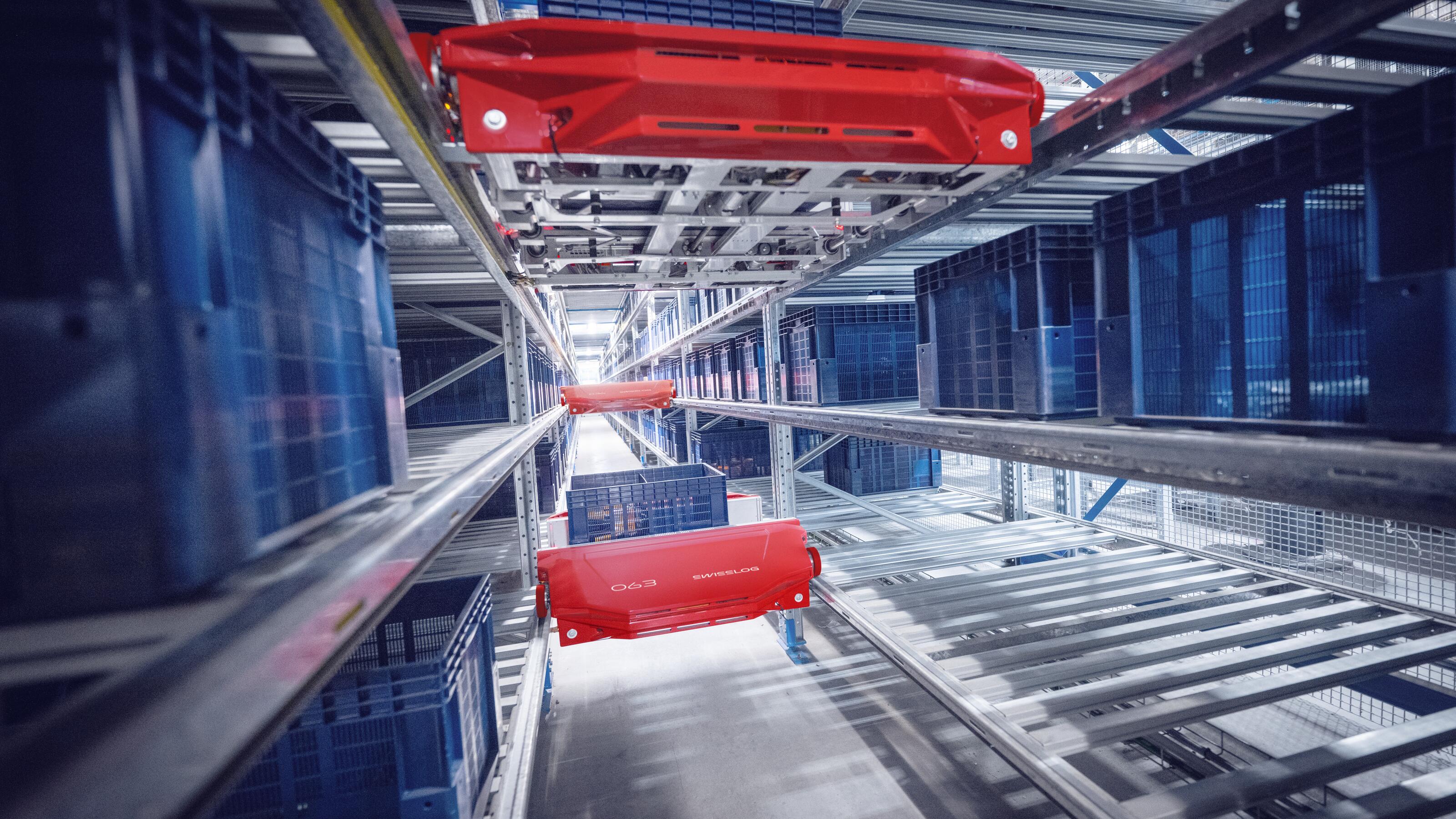Benefits of Blockchain in E-commerce

Running an e-commerce company was already a challenge in pre-pandemic times, and the coronavirus crisis has added fuel to the fire. Along with providing quality products, minimising delivery time, keeping customers happy and your employees safe – it’s also necessary to offer secure payment methods, manage your inventory and keep costs down. When competition is high, it’s important to utilize the latest technologies. And using blockchain is the next step to gaining a competitive advantage.
Defining Blockchain
In its most simplified form, blockchain is a growing chain of blocks that contain data. Each block has its own digital timestamp, so it can’t be backdated or tampered with. It ensures decentralization, meaning it is not controlled by one single authority. The most popular use of the concept is for the crypto-currency, Bitcoin. However, as blockchain becomes more prevalent, more and more use cases are being discovered – especially for the e-commerce industry.
Benefits for E-commerce
For e-commerce, blockchain opens a world of new possibilities. As an industry that is only going to grow bigger, many e-commerce giants are looking at new ways of doing things to meet ever-changing customer expectations. Here are some of the ways we predict blockchain will support e-commerce in the coming years.
-
Reducing the cost of transactions
Blockchain now allows millions of people to make digital transactions without the use of a bank account or payment transfer software. In this case, each block contains data relating to a transaction. Using traditional methods, transactions are processed by a bank or payment transfer tool such as PayPal. This can incur an additional charge to cover the third party’s handling fee. But blockchain completely removes the need for a third party to become involved, meaning the cost of the transaction is reduced. This is what experts call a decentralized marketplace.
-
Boosting security
In addition, traditional payment methods don’t guarantee the security of your money. It is possible for the network to be hacked and for your money to be stolen before it even reaches your account. If we use a blockchain to transfer the funds instead, the process becomes much more secure. The decentralized blockchain database means data is not stored in a single place, and there is no chance of corruption of the information by any hacker.
-
Supply chain management
Blockchain is also a useful tool for supply chain management. Utilising RFID and sensors, tasks like record-keeping and provenance tracking become much simpler. Blockchain allows supply chain managers to track the timeline of a product from its inception to its present position. This also makes it easier to detect irregularities before they cause a problem.
-
Inventory management
Implementing blockchain for inventory management also brings benefits to the supply chain. As well as making the process much simpler, it allows retailers to avoid unnecessary expenditure on hiring extra labour.
-
Verified reviews
Blockchain also has the power to confirm if reviews are genuine or fake. With the ability to create a digital map of someone, which cannot be changed, Blockchain can verify if reviewers made a purchase on the site before publishing.
The Use Cases of Blockchain
There are endless benefits for introducing the Blockchain concept into any industry. Whether it is a decentralized marketplace, a security boost or supply chain improvements – there really is a use case for every requirement.
Experts are still working to discover new use cases for Blockchain today. One thing is for sure – it will change the future of the e-commerce landscape in years to come.

AutoStore offers superior density, throughput, and availability for warehouses. Powered by Swisslog’s SynQ software, it provides significant ROI where applicable, although it isn’t right for everyone.












